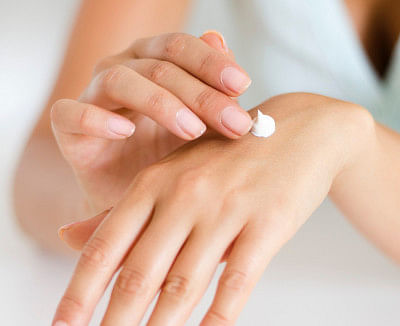Tips for Preventing Skin Cancer

Tips for Preventing Skin Cancer
Skin cancer is one of the most common types of cancer. In fact, studies show that one American dies from melanoma and other forms of skin cancer every single hour. Skin cancer can develop just about anywhere on your body. However, there are specific spots where it is more likely to develop. For instance, men are likely to develop skin cancer on the back and chest while women are more likely to develop this condition on their legs.
Here are prevention tips that can help you lower your risk of developing skin cancer.
1. Avoid Exposure to the Sun Between 10:00 A.M. and 4:00 P.M.
Ultraviolet rays are strongest during these hours of the day. To lower your risk of developing skin cancer, it is vital that you reduce your exposure to direct sunlight between 10 A.M. and 4 P.M. Stay indoors as much as you can and try scheduling your outdoor activities early in the morning or in the evening. When outdoors during midday hours, stay in the shade as much as you can.
2. Avoid Tanning and Sunburns
Both sunburns and tanning are signs of skin damage, even if you like how they look. Everyone has a unique sensitivity to light. Tanner people are able to stay longer without experiencing burns. However, those who are more pale may need to exercise caution while out in the sun.
3. Cover Up
Be sure to protect your skin when you are out in the sun. Wear protective clothing which will prevent UV rays from damaging your skin. While outside on a hot summer day, wear long-sleeved shirts, pants, and wide-brimmed hats that will protect your face from direct sunlight. Additionally, use sunglasses with UV-protective lenses to protect your eyes as well as the skin surrounding them.
4. Use Sunscreen
Sunscreen is one of the best tools for shielding your skin from ultraviolet radiation. Use a product with high SPF rating (at least 30) that is capable of offering protection against UVA and UVB rays.
Generally, skin cancer can be treated when diagnosed early. The good news, however, is that there are a number of things you can do to prevent this condition. Protective clothing, sunscreen, and avoiding exposure during peak hours are some of your best defenses against skin cancer.



